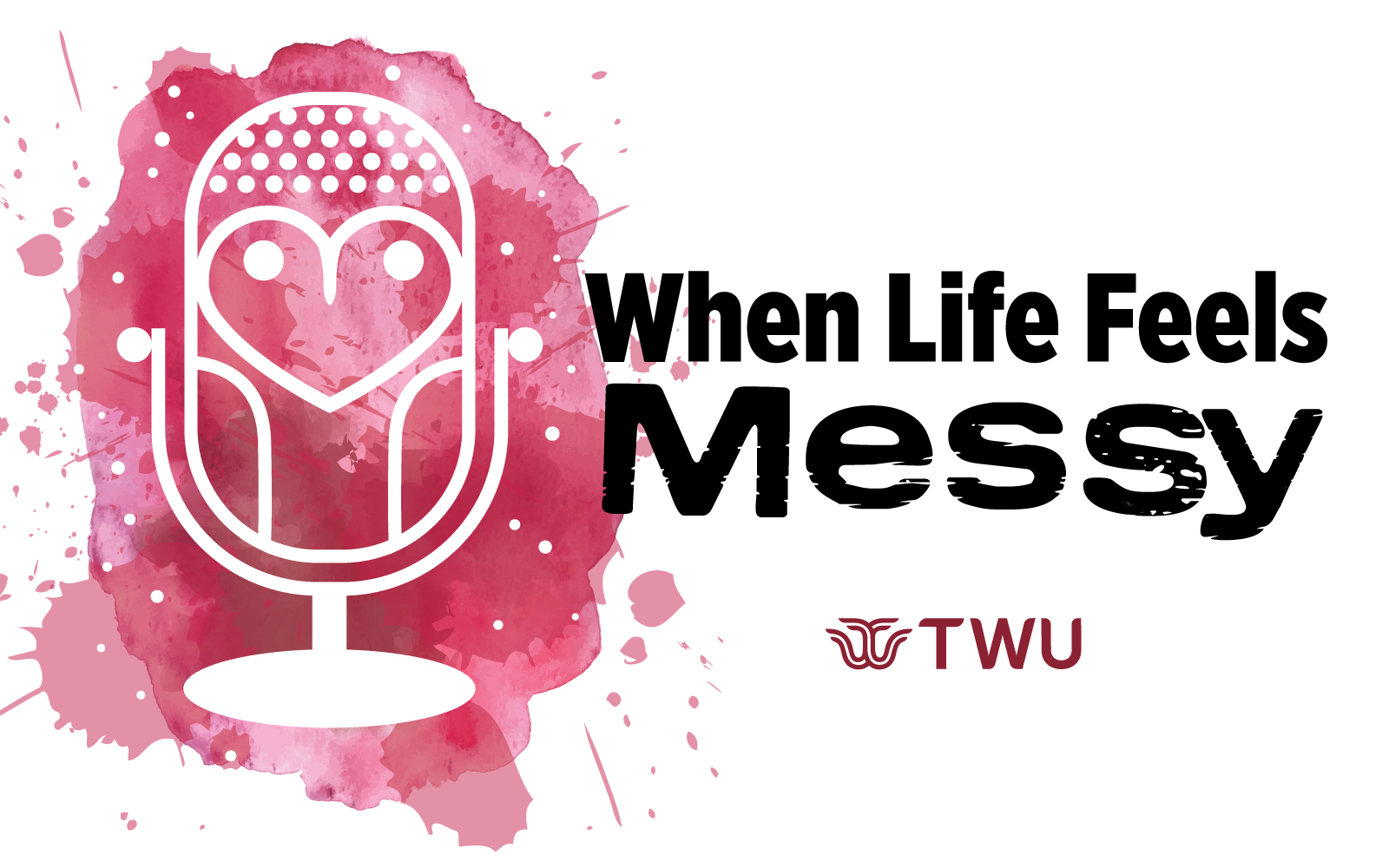In a world were anyone can have their own interpretation and definition of something, how do you define self-improvement?
Some of us hear this term and might get defensive and feel that someone is being critical or insinuating something is wrong with us and needs to be changed. Others might hear this term and feel like they don’t have anything to improve about themselves.
Our hope, though, is that you hear this as a validation of being an ever-evolving human, who always has room for improvements and growth. Self-improvement itself is a personal and unique process that involves an intentional effort to make changes in our lives to enhance our overall well-being. It is a lifelong journey and encompasses every area of our lives, including: mental and physical health, emotional well-being, relationships, career/education, and personal goals.
But why is self-improvement important? I think we can sum this down to a few points:
- Empowers taking control of your life
- Leads to increased self-esteem and awareness
- Improves problem-solving skills and resilience to face challenges
- Helps to live a more fulfilling life overall
So let’s talk about some key aspects of self-improvement:
Personal Growth: Developing new skills, learning, and expanding your knowledge in areas that interest or challenge you.
Emotional Development: Improving how you handle emotions, cope with stress, and develop resilience. This often involves building self-awareness, practicing mindfulness, and learning to regulate your emotions.
Health and Wellness: Focusing on physical self-care, like eating healthier, exercising, and maintaining good sleep hygiene, as well as prioritizing mental health.
Habit Formation: Identifying and changing habits that may be holding you back, like procrastination or negative thinking, and replacing them with positive routines that support your goals.
Goal Setting: Setting clear, actionable goals to guide your self-improvement journey. This often involves breaking down larger objectives into smaller, manageable steps.
Mindset Shifts: Adopting a growth mindset that embraces challenges, learns from criticism, and sees failure as an opportunity to grow.
Building Better Relationships: Enhancing communication skills, setting boundaries, and cultivating empathy to improve personal and professional relationships.
As you start the process of self-improvement, the most important step we want to emphasize is that of reflection. Really take some time to sit with yourself and reflect on where you are at with things, practice some acknowledgement and acceptance, and give space to increase understanding about yourself. It’s important to give acknowledgement for the things you have achieved and grown in and celebrate the small wins. Only then can we appreciate how far we’ve come and be able to realistically look towards future growth and improvement of ourselves.
Self-Improvement Month is a much-needed reminder that our growth is a lifelong journey, not a destination. It’s about making small, intentional changes that enhance your well-being and move you closer to your goals. Embrace this month as a time to reconnect with yourself, celebrate your progress, and commit to continuous growth. Whether you take big leaps or small steps, every effort counts.
Take Care, Pioneers!
-TWU CAPS


Comments
Post a Comment